

Articles
How To Get Rid Of Oil Smell In Basement
Modified: January 19, 2024
Looking for effective articles on how to eliminate oil smell in your basement? Discover the best tips and tricks to get rid of that unpleasant odor once and for all.
(Many of the links in this article redirect to a specific reviewed product. Your purchase of these products through affiliate links helps to generate commission for Storables.com, at no extra cost. Learn more)
Introduction
Having a basement in your home is a valuable space, providing extra storage or even a usable living area. However, one common problem that many homeowners face is the unpleasant odor of oil lingering in their basements. This oil smell can be persistent and overwhelming, making it important to address and eliminate the source of the odor.
There are several factors that can contribute to an oil smell in the basement. These include oil spills or leaks, improperly stored oil-based products, or even residual oil from past renovations or repairs. Whatever the cause, it’s crucial to take the necessary steps to remove the oil smell and prevent it from returning in the future.
In this article, we will explore the causes of oil smell in basements and provide a comprehensive guide on how to effectively get rid of the odor. We will also share tips on preventing future oil smells, allowing you to maintain a fresh and clean basement space.
Key Takeaways:
- Identifying the source of the oil smell and implementing thorough cleaning, ventilation, and odor-absorbing techniques are essential steps to effectively eliminate persistent odors in your basement.
- Taking preventive measures, such as proper storage, regular inspections, and proactive maintenance, can help maintain a fresh and odor-free basement, ensuring a comfortable living space for you and your family.
Read more: How To Get Rid Of Sewage Smell In Basement
Causes of Oil Smell in Basements
The presence of an oil smell in your basement can be attributed to several factors. Understanding the root causes will aid in effectively eliminating the odor and preventing its recurrence. Here are some common reasons for an oil smell in basements:
- Oil Spills or Leaks: Accidental spills or leaks of oil-based substances, such as motor oil, cooking oil, or heating oil, can result in a lingering smell. These spills may penetrate porous surfaces, causing the odor to persist.
- Improper Storage: Storing oil-based products in your basement without proper containment can lead to spills and leaks over time. Cracked containers or faulty seals can exacerbate the problem, allowing the odor to permeate the basement.
- Residual Oil from Renovations: If you have recently undergone renovations or repairs that involved the use of oil-based paints, sealants, or other products, it’s possible that residual oil remains in the basement. As these substances break down, they can emit a distinct odor.
- Oil Contamination from Outside Sources: It’s not uncommon for oil to seep into basements through cracks in the foundation or other entry points. This can happen due to oil spills in the vicinity of your property or underground oil storage tanks that have developed leaks.
- Foundation Cracks: Cracks in the basement foundation can allow oil fumes from outside to enter your basement. This can occur if your property is located near a gas station or industrial area, where oil odors may be prevalent in the environment.
Identifying the underlying cause of the oil smell in your basement is crucial in order to implement the appropriate remedies. Once you have determined the source, you can follow a step-by-step process to effectively eliminate the odor and restore freshness to your basement environment.
Steps to Remove Oil Smell in Basements
When confronted with an oil smell in your basement, it’s essential to take swift action to eliminate the odor and improve the overall air quality. By following these steps, you can effectively remove the oil smell and restore a fresh and welcoming environment in your basement:
- Identifying the Source of the Oil Smell: Begin by thoroughly inspecting your basement to locate the source of the oil smell. Look for any visible oil spills or leaks, as well as any oil-based products that may be improperly stored.
- Ventilating the Basement: Open windows and doors to promote air circulation in your basement. This will help to dissipate the odor and bring in fresh air from outside. Consider using fans or dehumidifiers to further enhance airflow.
- Cleaning the Affected Areas: Clean any visible oil spills or leaks using an absorbent material, such as kitty litter or baking soda. Gently scrub the affected areas with a mixture of warm water and mild detergent to remove any residual oil stains or residue.
- Absorbing the Oil Odor: Place bowls of activated charcoal or white vinegar in the basement to absorb the oil odor. These natural deodorizers are highly effective in neutralizing odors and can be left overnight or for several days to maximize their effectiveness.
- Using Odor Eliminators: Consider using commercial odor eliminators specifically designed to target oil smells. These products usually come in spray or gel form and can be applied to various surfaces in the basement. Follow the instructions provided by the manufacturer for optimal results.
- Repainting or Sealing Affected Surfaces: If the oil odor persists even after cleaning and deodorizing, you may need to repaint or seal the affected surfaces. Use an oil-based primer and paint to effectively cover any stains or residual odors. Additionally, sealing cracks in the basement foundation can prevent further oil smells from entering.
- Consulting Professionals for Persistent Smells: In some cases, the oil smell in your basement may persist despite your best efforts. If this happens, it is advisable to consult with professionals, such as restoration specialists or environmental experts, who can provide specialized solutions to address persistent oil odors.
By following these steps, you can effectively remove the oil smell from your basement and create a clean and pleasant living environment. Taking preventive measures will also help in avoiding future oil smells, ensuring that your basement remains fresh and odor-free.
Identifying the Source of the Oil Smell
The first step in removing an oil smell from your basement is to identify the source of the odor. This is crucial in order to effectively target the problem and ensure lasting results. Here are some tips to help you identify the source of the oil smell:
- Visual Inspection: Carefully examine your basement for any visible oil spills or leaks. Check the floor, walls, and any storage areas where oil-based products may be present.
- Check Storage Areas: Inspect any containers or bottles of oil-based products, such as motor oil, paint, or cleaning supplies. Look for signs of leaks or spills, as well as containers with damaged seals or lids.
- Consider Recent Activities: Think about any recent activities that may have caused oil to be introduced into your basement. This could include recent renovations, repairs, or any projects that involved the use of oil-based materials.
- Examine Outdoor Factors: Take a look at the exterior of your home and nearby surroundings. Check for any oil-based spills in the vicinity, such as from neighboring properties or from leaking underground oil storage tanks.
- Inspect Foundation Cracks: Look for cracks or gaps in the basement foundation that may be allowing oil fumes to enter your basement from outside. This is especially relevant if you live in an area with nearby gas stations or industrial facilities.
Keep in mind that it may be necessary to clean and deodorize multiple areas of your basement to completely eliminate the oil smell. Pay close attention to areas where oil-based products are commonly stored or where spills are more likely to occur.
If you are unable to pinpoint the exact source of the oil smell, consider seeking the assistance of professionals who specialize in odor removal or basement inspections. They have the expertise and tools to detect and locate the source of the odor more accurately.
Once you have identified the source of the oil smell, you can proceed with the appropriate steps to remove the odor and restore freshness to your basement.
Ventilating the Basement
Proper ventilation is crucial when trying to remove an oil smell from your basement. Good airflow will help to disperse the odor and bring in fresh air, effectively reducing the lingering smell. Here are some steps to effectively ventilate your basement:
- Open Windows and Doors: Start by opening windows and doors in your basement to allow for fresh air to circulate. This helps to flush out the stale air that may be causing the oil smell.
- Use Fans or Ventilation Systems: Place fans strategically throughout the basement to improve air circulation. You can also consider utilizing ventilation systems, such as exhaust fans or dehumidifiers, to further enhance airflow.
- Cross Ventilation: Create a cross breeze by opening windows or doors on opposite sides of the basement. This encourages air to flow in and out, helping to remove the oil smell more effectively.
- Time your Ventilation: Plan your ventilation during times when outdoor air quality is good, such as when pollution levels are low. Avoid ventilating during periods of high humidity or when there are strong outdoor odors that may worsen the overall air quality in your basement.
- Monitor Weather Conditions: Take advantage of favorable weather conditions by opening windows and doors when the outside temperature and humidity levels are comfortable. This will allow fresh air to circulate without compromising the comfort of your basement.
- Consider Air Purifiers: In addition to natural ventilation, consider using air purifiers with activated carbon filters to help absorb and neutralize the oil smell. These devices can effectively remove airborne pollutants, including oil particles that contribute to the odor.
Remember to keep your basement well-ventilated during and after completing other steps, such as cleaning or using odor eliminators. This will help to expedite the removal of the oil smell and prevent it from lingering in the space for an extended period.
By following these steps to improve ventilation in your basement, you can significantly reduce the oil smell and create a more pleasant and fresh environment.
Read more: How Do I Get Rid Of Musty Smell In Basement
Cleaning the Affected Areas
Once you have identified the source of the oil smell in your basement, the next step is to thoroughly clean the affected areas. Cleaning will help to remove any visible oil spills or stains and minimize the presence of residual odors. Here are some steps to effectively clean the affected areas:
- Gather Cleaning Supplies: Before you begin, gather the necessary cleaning supplies. This may include absorbent materials like kitty litter or baking soda, a bucket of warm water, a mild detergent, scrub brushes, and clean towels.
- Absorb Excess Oil: If there is any visible oil spill or pooling, use an absorbent material like kitty litter or baking soda to soak up as much of the oil as possible. Sprinkle the absorbent material onto the affected area and let it sit for a few hours before sweeping or vacuuming it up.
- Mix Cleaning Solution: Fill a bucket with warm water and add a small amount of mild detergent. Mix the solution until it creates a soapy consistency that is safe for the surfaces in your basement.
- Scrub the Affected Areas: Dip a scrub brush into the soapy water and gently scrub the areas where the oil smell is concentrated. This includes the floor, walls, storage shelves, or any other surfaces that may have come into contact with oil.
- Rinse with Clean Water: After scrubbing, rinse the cleaned areas with clean water to remove any soap residue. Use a clean towel or sponge to wipe away the remaining moisture.
- Repeat as Necessary: For stubborn oil stains or odors, you may need to repeat the cleaning process. This will help to thoroughly remove any residual oil and minimize the chances of the smell lingering.
It’s important to wear gloves and protective clothing while cleaning the affected areas to avoid direct contact with the oil and cleaning agents. Additionally, ensure proper ventilation during the cleaning process to prevent the buildup of fumes or strong odors.
Remember to dispose of any oil-soaked materials properly, as the oil residue can cause environmental harm if not handled correctly. Follow local regulations for the disposal of oil and oil-contaminated materials.
By cleaning the affected areas in your basement, you will remove the visible oil and significantly diminish the oil smell, bringing you closer to a fresher and cleaner environment.
To get rid of oil smell in the basement, try sprinkling baking soda on the affected area and letting it sit for a few hours before vacuuming it up. Baking soda helps to absorb and neutralize odors.
Absorbing the Oil Odor
After cleaning the affected areas in your basement, you may still notice lingering oil odors. To further eliminate the smell, it’s helpful to use absorbent materials that can effectively trap and neutralize odors. Here are some steps to absorb the oil odor in your basement:
- Bowls of Activated Charcoal: Place bowls filled with activated charcoal in various areas of your basement. Activated charcoal has excellent absorbent properties and can help to eliminate odors, including the oil smell. Leave the bowls overnight or for several days to allow the charcoal to absorb the odors.
- Baking Soda: Sprinkle baking soda liberally on the floor and any other surfaces that still emit an oil odor. The baking soda will absorb the odors and help to neutralize them. Leave the baking soda in place for a few hours or overnight before vacuuming or sweeping it up.
- Coffee Grounds: Coffee grounds have a strong and appealing aroma that can help to mask the oil smell. Place dishes of fresh coffee grounds around the basement to absorb and mask the odor. Replace the coffee grounds regularly to maintain their effectiveness.
- Onion or Vinegar: Cut an onion into halves or use a dish of white vinegar. These natural substances can help to absorb unpleasant odors, including the oil smell. Place them strategically in your basement and leave them for a few hours or overnight before removing them.
Remember to replace or refresh the absorbent materials regularly to maintain their effectiveness in eliminating the oil odors. You can repeat these steps as necessary until the oil smell is completely gone or significantly reduced.
Additionally, continue to keep your basement well-ventilated by opening windows and doors to encourage proper air circulation. Fresh air can help to further dissipate the odors and improve the overall air quality in your basement.
By using absorbent materials to trap and eliminate the oil odor, you can effectively neutralize the smell and create a more pleasant and fresh environment in your basement.
Using Odor Eliminators
In addition to absorbent materials, utilizing specialized odor eliminators can be highly effective in removing the oil smell from your basement. These products are specifically designed to target and neutralize odors, providing a fresh and clean environment. Here are some options for using odor eliminators:
- Spray Odor Eliminators: Look for commercial spray odor eliminators that are designed to combat oil and other strong odors. These products typically contain enzymes or other odor-neutralizing agents that break down and eliminate the odor molecules. Follow the instructions on the product label for optimal results. Spray the product directly onto surfaces, fabrics, or areas that emit the oil smell.
- Gel Odor Eliminators: Gel-based odor eliminators come in containers that can be placed in various areas of your basement. These gel products slowly release odor-neutralizing agents into the air, combating and eliminating the oil smell over time. Follow the manufacturer’s instructions regarding placement and reapplication of the gel.
- Plug-In Air Fresheners: Consider using plug-in air fresheners that specifically target oil odors. These devices emit a continuous flow of fragrance that can help to mask and eliminate the oil smell. Choose a fragrance that you find pleasant and effective in neutralizing odors.
- DIY Odor Eliminators: If you prefer to use natural and homemade solutions, consider making your own odor eliminator using ingredients like vinegar, baking soda, or lemon juice. These natural agents can help to neutralize odors without harsh chemicals. Research and follow specific DIY recipes for creating homemade odor eliminators.
When using odor eliminators, make sure to follow the instructions provided by the manufacturer. Be mindful of any precautions or recommendations for specific surfaces or materials. It’s important to note that while odor eliminators can effectively eliminate the oil smell, they may not address the root cause of the odor. Therefore, it’s essential to address any underlying issues, such as oil spills or leaks, to prevent the odor from returning.
Remember to continue ventilating your basement to promote air circulation and prevent the odor from lingering. Regularly assess the effectiveness of the odor eliminators and replace or reapply them as needed to maintain a fresh and odor-free environment.
By using specialized odor eliminators, you can effectively combat the oil smell in your basement and enjoy a clean and fresh space.
Repainting or Sealing Affected Surfaces
If the oil smell lingers even after cleaning and using odor eliminators, it may be necessary to repaint or seal the affected surfaces in your basement. Repainting or sealing can help to cover any remaining oil stains and seal in the odor, preventing it from permeating the air. Here are some steps to guide you:
- Preparation: Before you begin, clean the surfaces thoroughly to remove any remaining oil residue or debris. Use a mild detergent and warm water to scrub the surfaces. Rinse them with clean water and allow them to dry completely.
- Choose the Right Products: Select a high-quality oil-based primer and paint that are designed to seal in odor and stains. These products are specifically formulated to provide maximum coverage and effectively lock in any remaining odors.
- Apply the Primer: Apply the oil-based primer to the affected surfaces according to the manufacturer’s instructions. Use a brush or roller to ensure even coverage. Allow the primer to dry completely before moving on to the next step.
- Paint the Surfaces: Once the primer is dry, apply the oil-based paint to the surfaces. Use smooth, even strokes to achieve a professional finish. Apply a second coat if necessary, following the recommended drying time between coats.
- Sealing Cracks: If there are any cracks in the basement foundation or walls, seal them using an appropriate sealant or caulk. This will prevent any further oil odor from entering your basement and improve overall air quality.
- Allow Proper Drying Time: It’s essential to allow sufficient drying time for the paint and sealant to fully cure. This may take several days or even weeks, depending on the specific products used. Follow the manufacturer’s instructions for recommended drying and curing times.
- Avoid Moisture Buildup: Ensure that your basement is adequately ventilated to prevent moisture buildup, which can lead to mold growth and unpleasant odors. Use dehumidifiers, fans, or open windows and doors to maintain proper air circulation.
Repainting or sealing affected surfaces not only helps to eliminate the oil smell but also provides a fresh and clean look to your basement. It’s important to choose paint and sealants that are specifically designed to address odor and stains caused by oil. This will ensure maximum effectiveness in sealing the odor and preventing its recurrence.
If you are unsure about repainting or sealing surfaces on your own, consider consulting a professional painter or contractor who can provide expert advice and assistance.
By repainting or sealing the affected surfaces, you can effectively seal in the remaining oil smell and create a long-lasting solution for a fresh and odor-free basement.
Read more: How To Get Basement Smell Out Of Basement
Consulting Professionals for Persistent Smells
If you have followed the previous steps to remove the oil smell in your basement but are still experiencing persistent odors, it may be time to consult professionals who specialize in odor removal. These experts have the knowledge, tools, and techniques to tackle even the most stubborn odors effectively. Here’s what you can expect when seeking professional help:
- Odor Assessment: The professionals will conduct a thorough assessment of your basement to determine the source and extent of the oil smell. They will use specialized equipment and techniques to identify any hidden or hard-to-reach areas that may be contributing to the odor.
- Customized Solutions: Based on their assessment, the professionals will devise a customized plan to address the persistent odors in your basement. This may involve a combination of specialized cleaning techniques, advanced odor neutralizers, or even ozone treatments.
- Deep Cleaning: The professionals will perform a deep cleaning of your basement, targeting the areas identified as the source of the oil smell. They will use professional-grade cleaning agents and equipment to thoroughly remove any oil residue and associated odors.
- Ozone Treatment: In some cases, professionals may employ ozone generators to neutralize the oil smell. Ozone is a powerful oxidizing agent that helps to break down odor-causing molecules. This treatment is typically done in an empty and well-ventilated basement to ensure safety.
- Sealing and Restoration: If the professionals discover any structural issues or areas that are prone to oil intrusion, they may recommend sealing or restoration work. This can help prevent future oil smells from returning to your basement.
- Follow-up and Maintenance: After the initial treatment, the professionals may provide guidance on maintenance and preventive measures to ensure the long-term elimination of the oil smell. This may involve recommendations on regular cleaning routines, proper storage of oil-based products, and ongoing ventilation practices.
While consulting professionals for persistent smells may involve an additional cost, it can be a worthwhile investment, especially if you have tried multiple methods without success. Professional odor removal experts have the expertise and experience to effectively target and eliminate even the most challenging odors.
When selecting a professional odor removal service, look for reputable companies that specialize in basement odor removal and have positive customer reviews. Request estimates and inquire about their specific techniques and products used to ensure they align with your needs and preferences.
By consulting professionals, you can gain access to advanced techniques and solutions that may be necessary to completely eradicate persistent oil smells, ensuring a fresh and odor-free basement.
Preventing Future Oil Smells in Basements
Once you have successfully eliminated the oil smell from your basement, it’s important to take preventative measures to avoid future occurrences. By implementing the following preventive measures, you can maintain a fresh and odor-free basement:
- Proper Storage: Store oil-based products, such as motor oil, paint, or cleaning supplies, in tightly sealed containers. Ensure that the containers are in good condition with no cracks or leaks. Consider storing these items in a separate, well-ventilated area outside of your basement if possible.
- Regular Inspections: Conduct regular inspections of your basement to check for any signs of oil leaks or spills. Promptly address any issues to prevent the odor from spreading and becoming more challenging to remove.
- Preventative Maintenance: Stay proactive by regularly inspecting and maintaining your heating system and other appliances that use oil. Schedule regular maintenance and address any leaks or malfunctions promptly to prevent oil odors from entering your basement.
- Cleanliness: Maintain a clean environment in your basement by regularly dusting, sweeping, and mopping the floors. Clean up any spills immediately to prevent them from seeping into porous surfaces and causing lingering odors.
- Proper Ventilation: Ensure that your basement is adequately ventilated at all times to prevent stale air and moisture buildup. Open windows and doors whenever possible, and consider using fans or dehumidifiers to enhance air circulation.
- Professional Inspections: Periodically consult professionals, such as plumbers or foundation specialists, to inspect your basement for any potential sources of oil smells or leaks. They can identify and address issues before they become significant problems.
- Regular Cleaning Routine: Implement a regular cleaning routine for your basement, including wiping down surfaces, vacuuming, and deodorizing. This will help maintain a fresh and clean environment and reduce the risk of odors developing.
- Dispose of Oil Properly: When discarding used oil or oil-contaminated materials, follow local regulations for proper disposal. Improper disposal can lead to environmental pollution and contribute to unpleasant odors in your basement and beyond.
By incorporating these preventative measures into your routine, you can minimize the chances of future oil smells in your basement. Regular maintenance, cleanliness, and vigilance are key to ensuring a fresh and comfortable living space.
If you notice any new oil smells or suspect a leak or spill, address it promptly. Swift action can save you from dealing with persistent and challenging odors in the future.
Remember, prevention is always easier than dealing with the aftermath. By following these preventative steps, you can enjoy a consistently clean and odor-free basement.
Conclusion
The presence of an oil smell in your basement can be a persistent and unpleasant problem. However, by following the steps outlined in this article, you can effectively eliminate the oil smell and create a fresh and inviting living space.
Identifying the source of the oil smell is crucial in the removal process. Whether it’s an oil spill, improper storage, residual oil from renovations, or other factors, understanding the root cause allows you to target the problem effectively.
Ventilating the basement is another essential step in removing the oil smell. By opening windows, using fans, and promoting airflow, you can disperse the odor and bring in fresh air, contributing to a healthier environment.
Cleaning the affected areas ensures that visible oil spills, stains, and residue are thoroughly removed. Utilize absorbent materials, like kitty litter or baking soda, and scrub surfaces with a mixture of warm water and mild detergent to achieve optimal results.
If the oil smell persists, using absorbent materials like activated charcoal or baking soda can help further absorb and neutralize the odor. Additionally, utilizing specialized odor eliminators, whether in spray or gel form, can target and eliminate the oil smell.
In some cases, repainting or sealing affected surfaces may be necessary to fully eliminate the oil smell and restore freshness. Ensure you choose high-quality, oil-based primer and paint, following proper application techniques for long-lasting results.
If the oil smell remains persistent, consulting professionals who specialize in odor removal can provide customized solutions and advanced techniques to tackle the most stubborn odors.
To prevent future oil smells in your basement, proper storage, regular inspections, cleanliness, and proactive maintenance are essential. Additionally, maintaining proper ventilation and adhering to a regular cleaning routine can help maintain a fresh and odor-free environment.
In conclusion, addressing and removing oil smells in basements requires a methodical approach, proper cleaning techniques, and preventative measures. By following the steps outlined in this article, you can successfully eliminate oil smells and create a clean, fresh, and inviting basement for you and your family to enjoy.
Frequently Asked Questions about How To Get Rid Of Oil Smell In Basement
Was this page helpful?
At Storables.com, we guarantee accurate and reliable information. Our content, validated by Expert Board Contributors, is crafted following stringent Editorial Policies. We're committed to providing you with well-researched, expert-backed insights for all your informational needs.

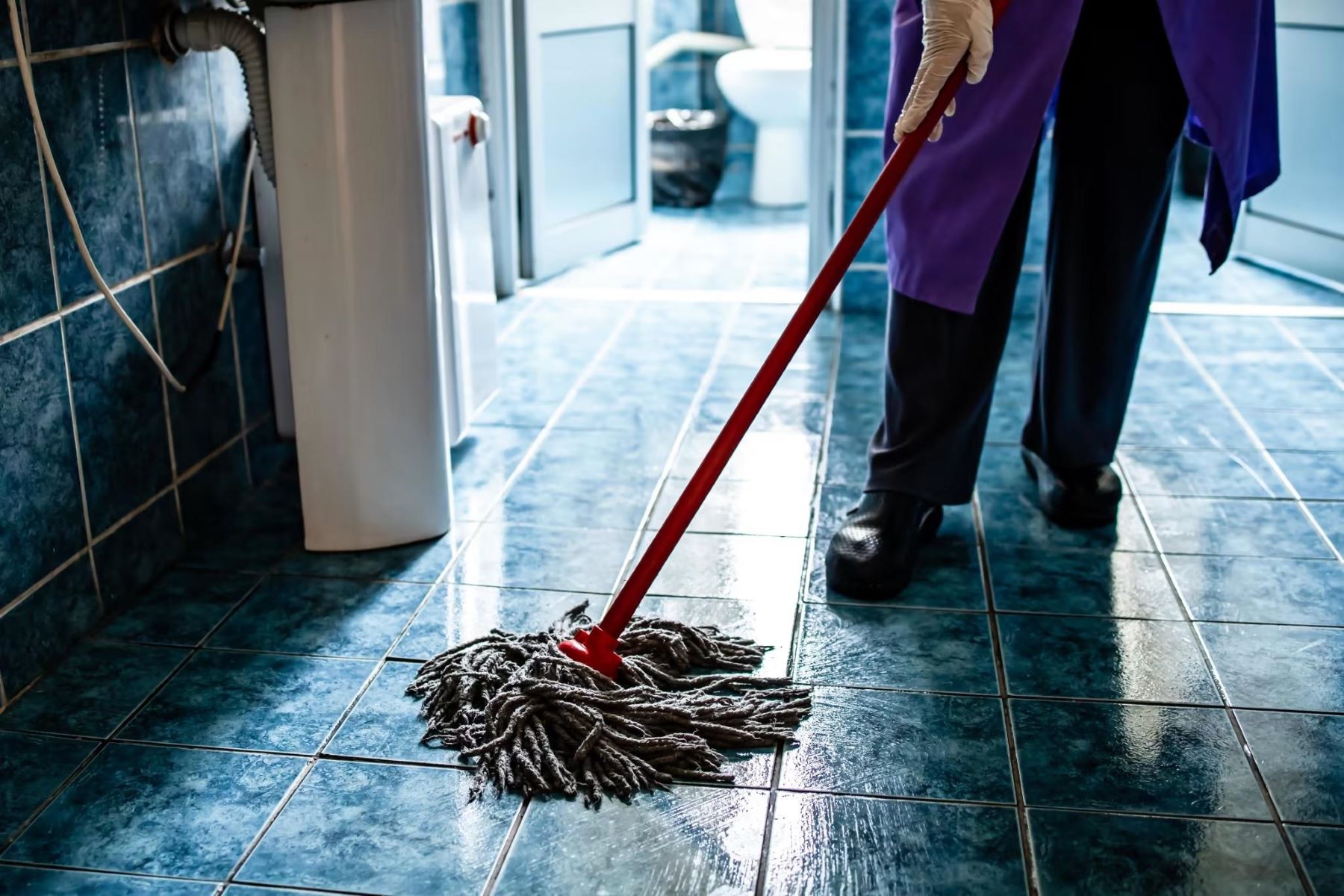

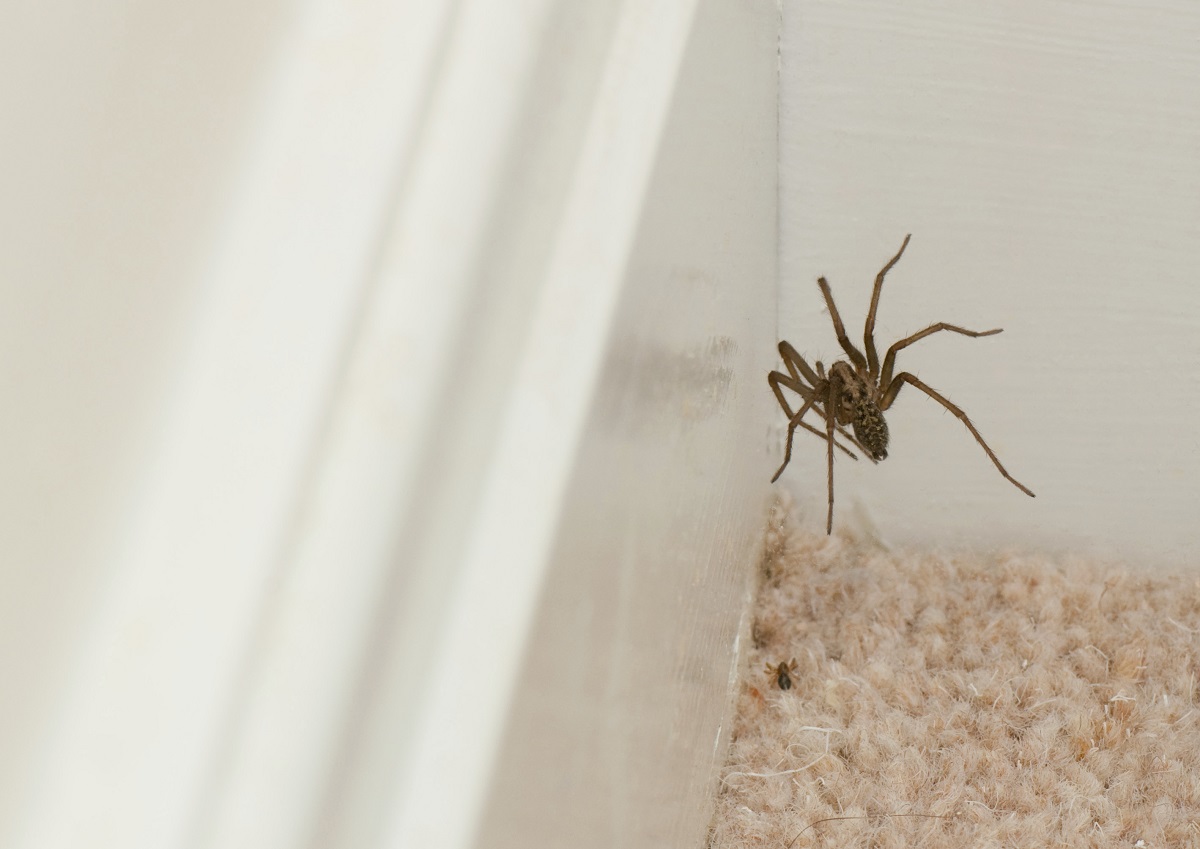
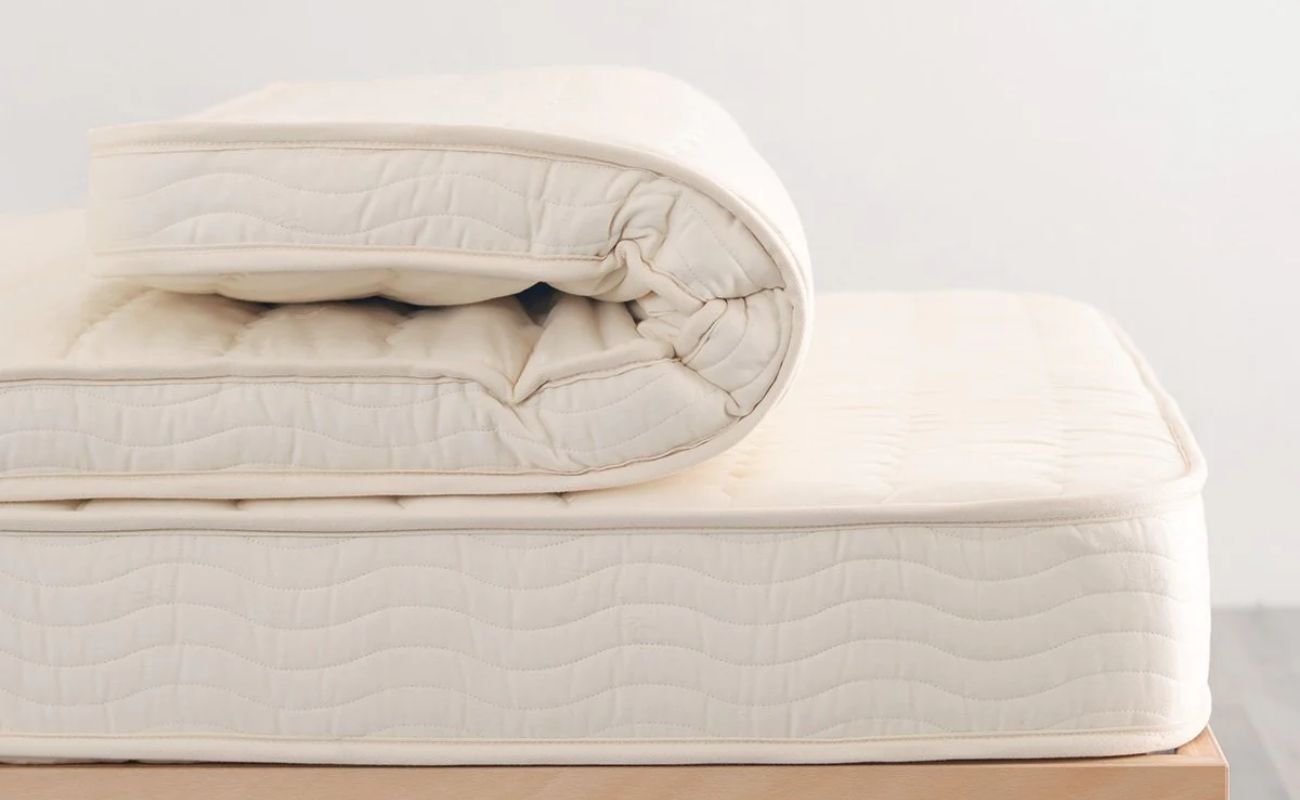
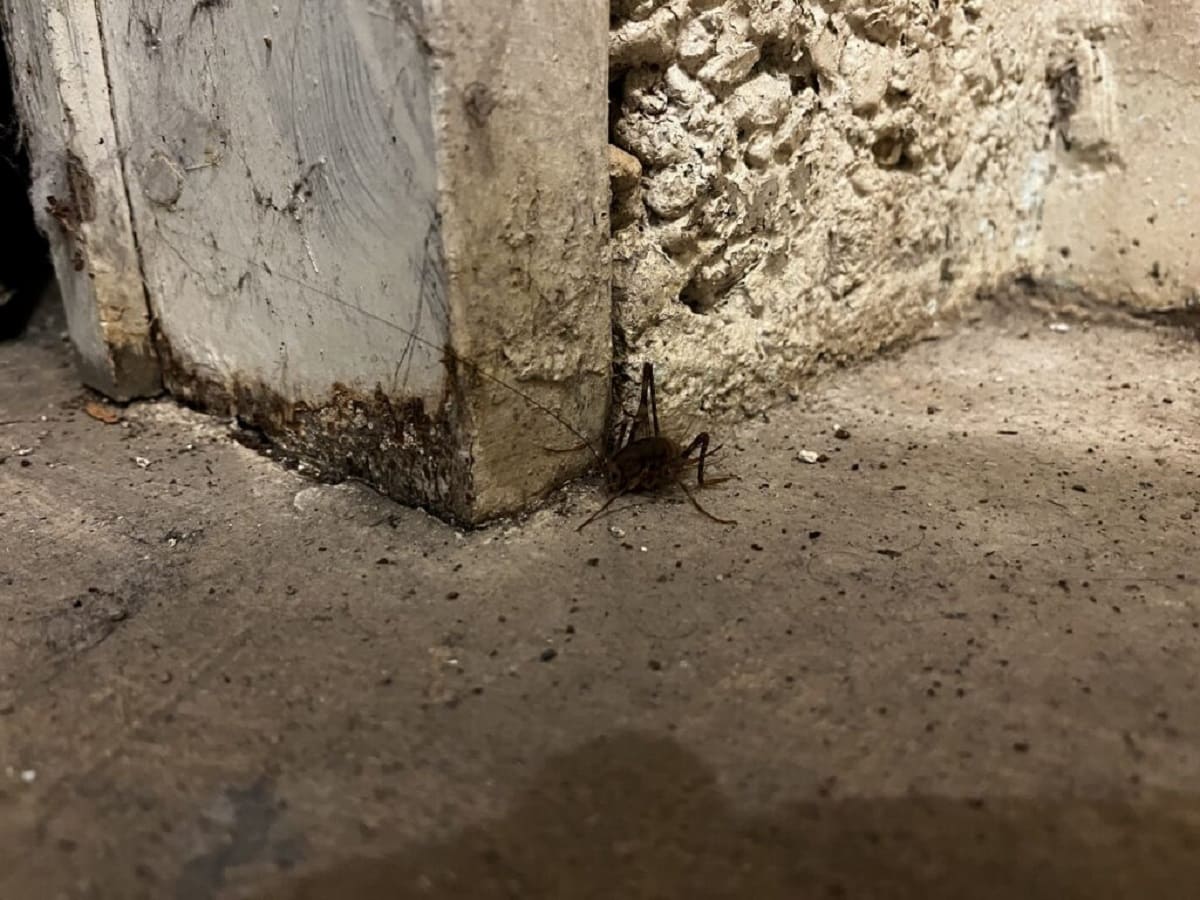
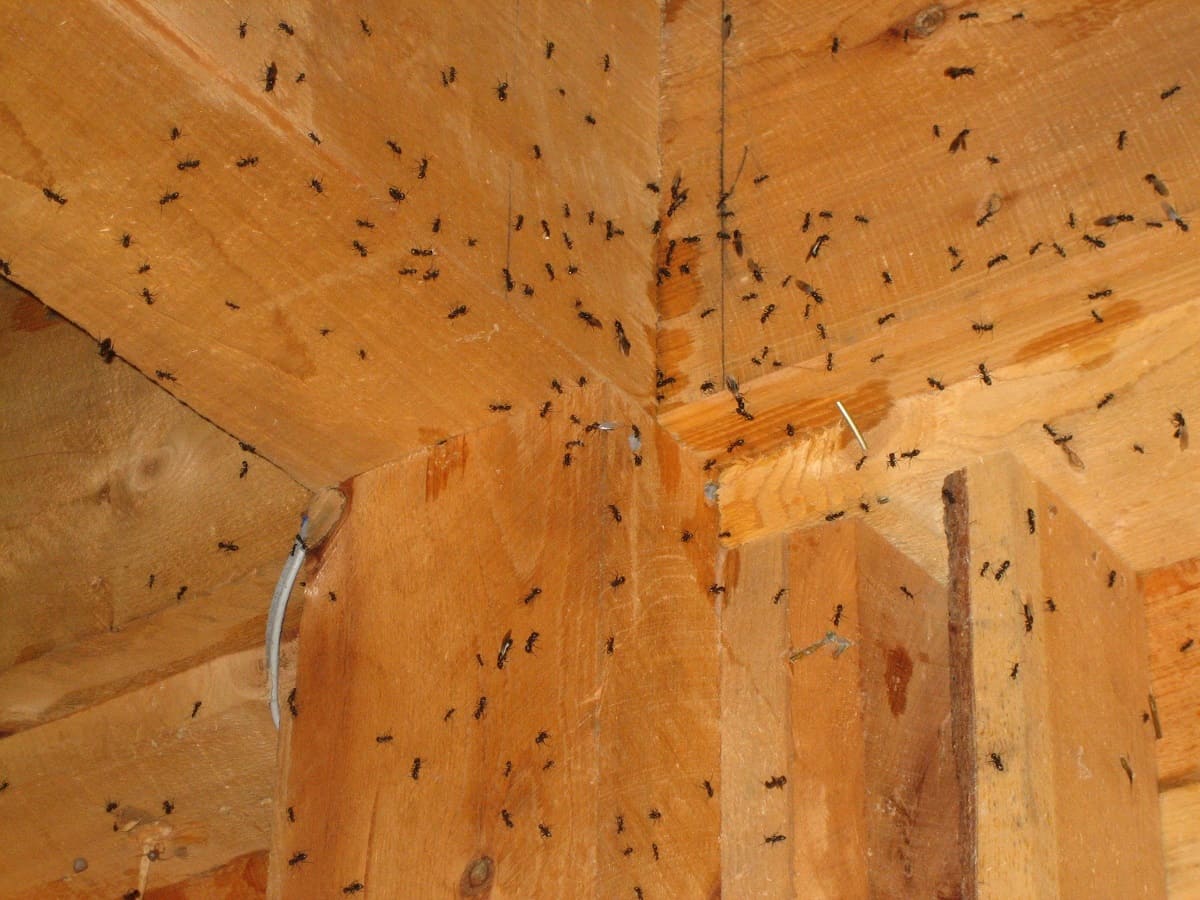
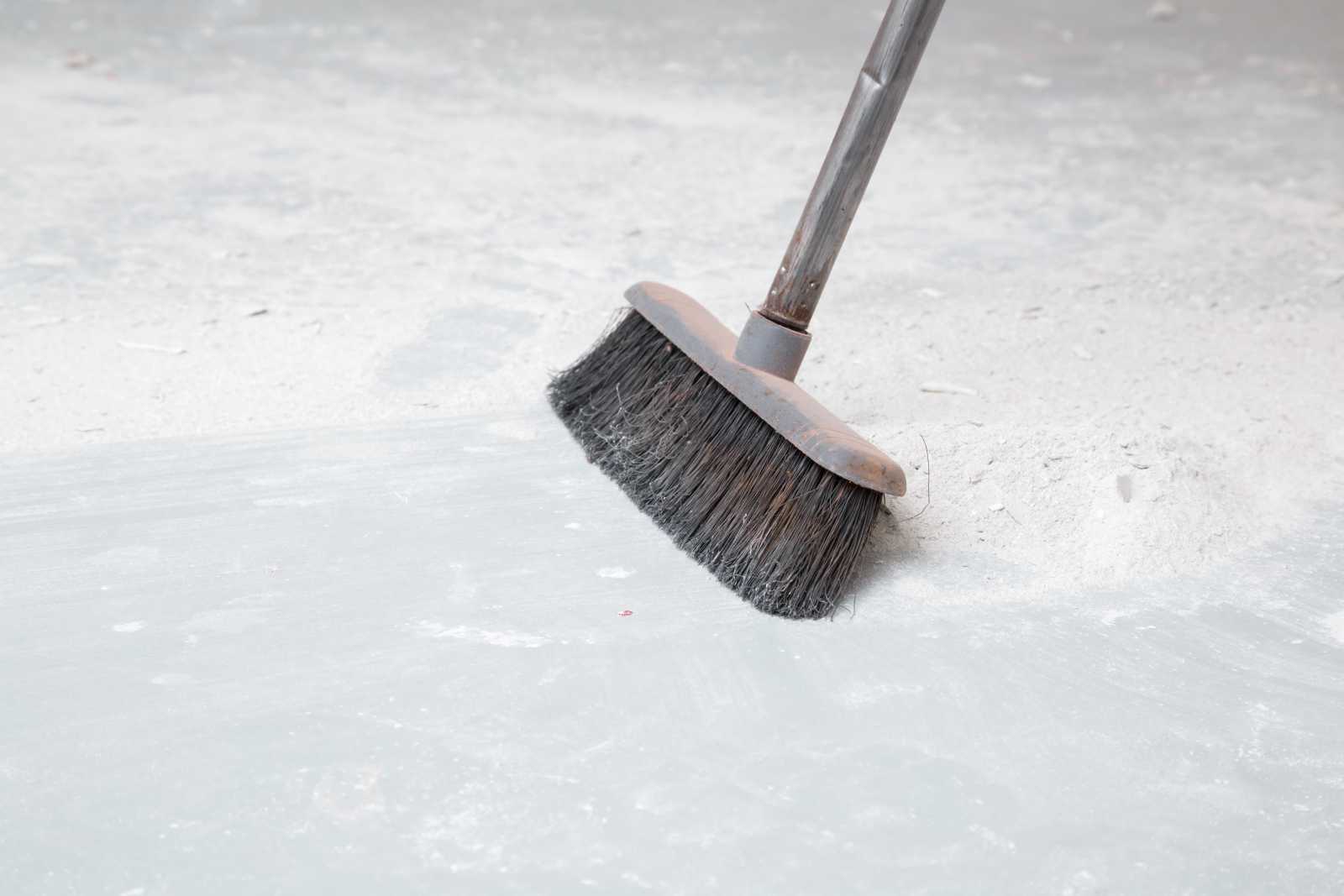
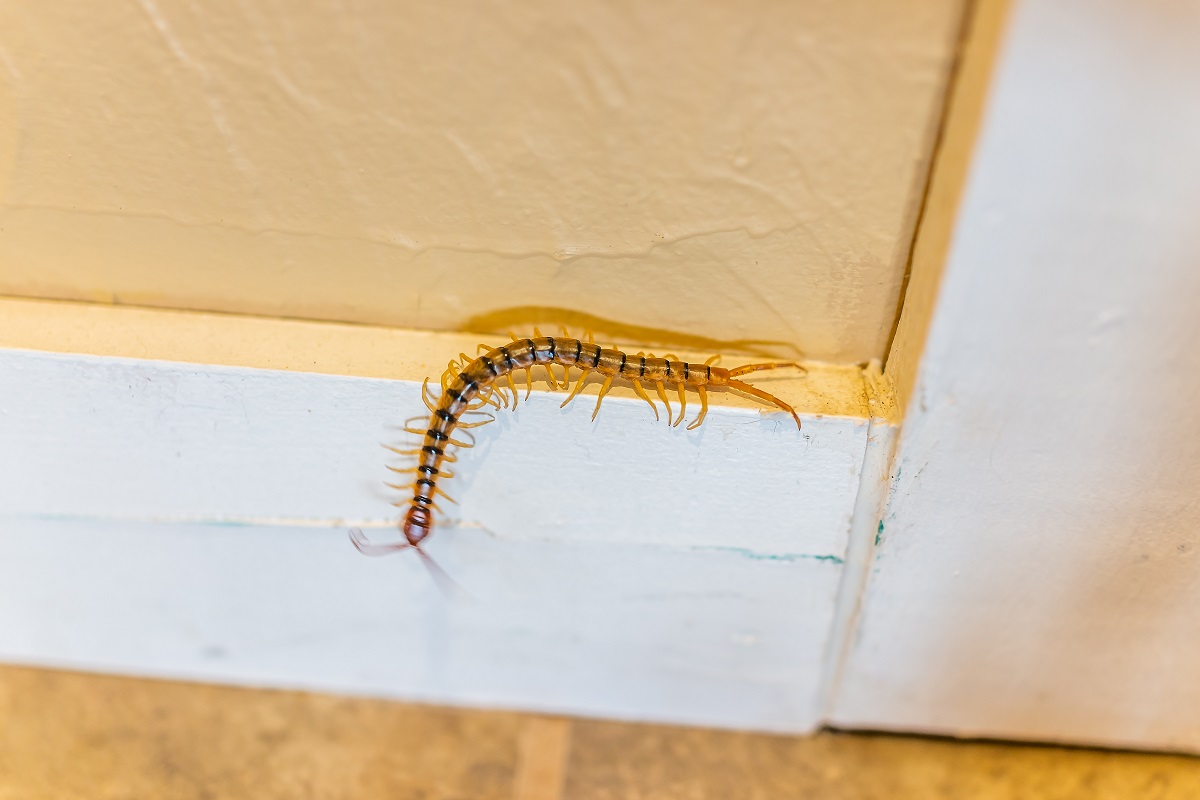
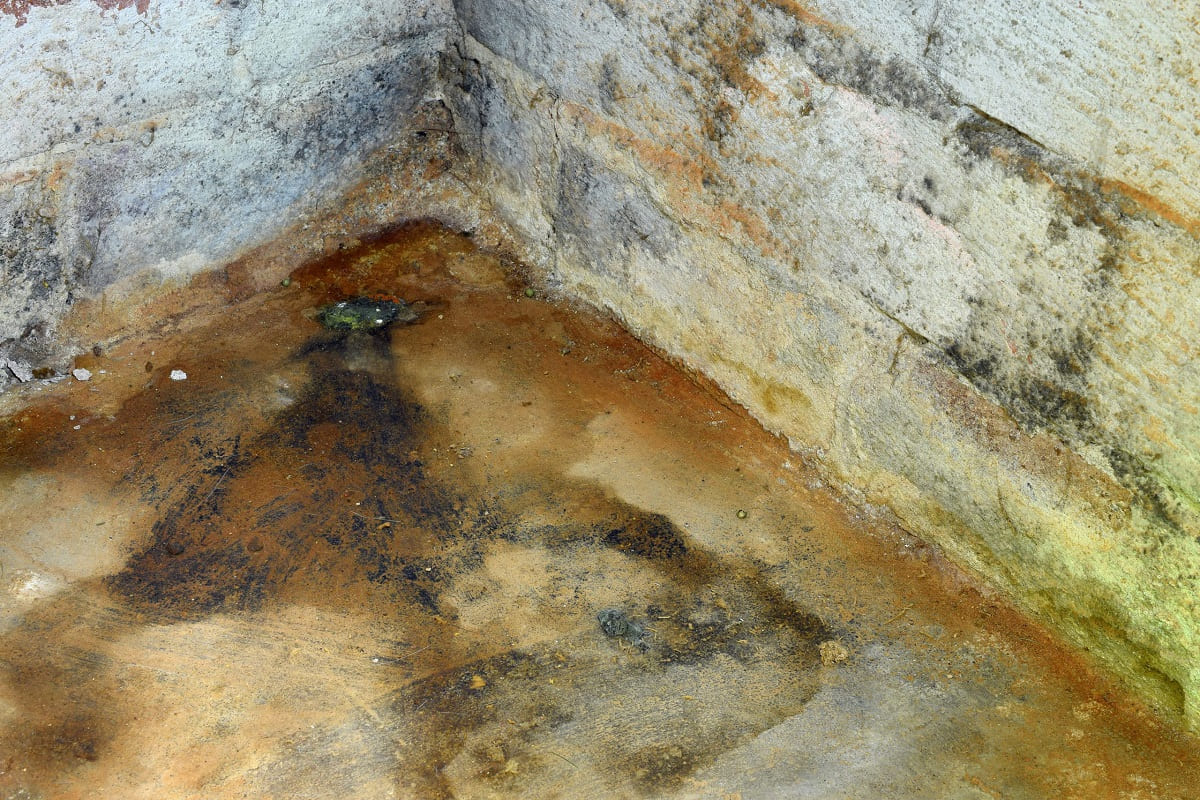


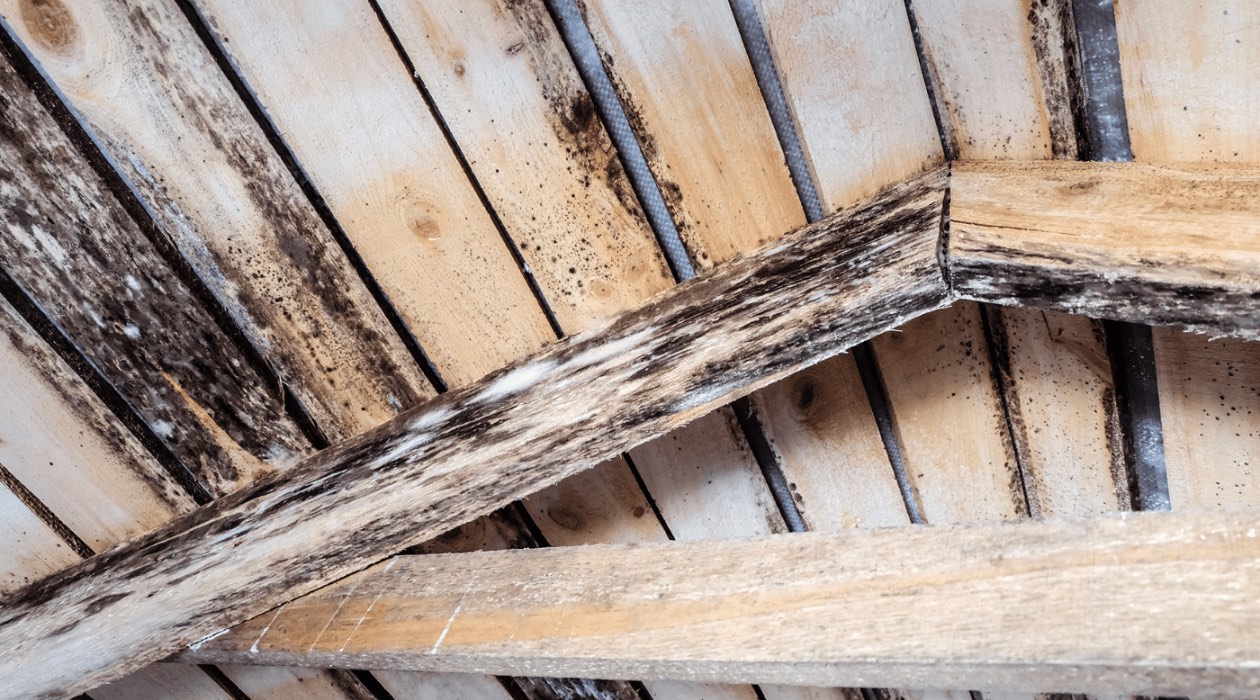

0 thoughts on “How To Get Rid Of Oil Smell In Basement”